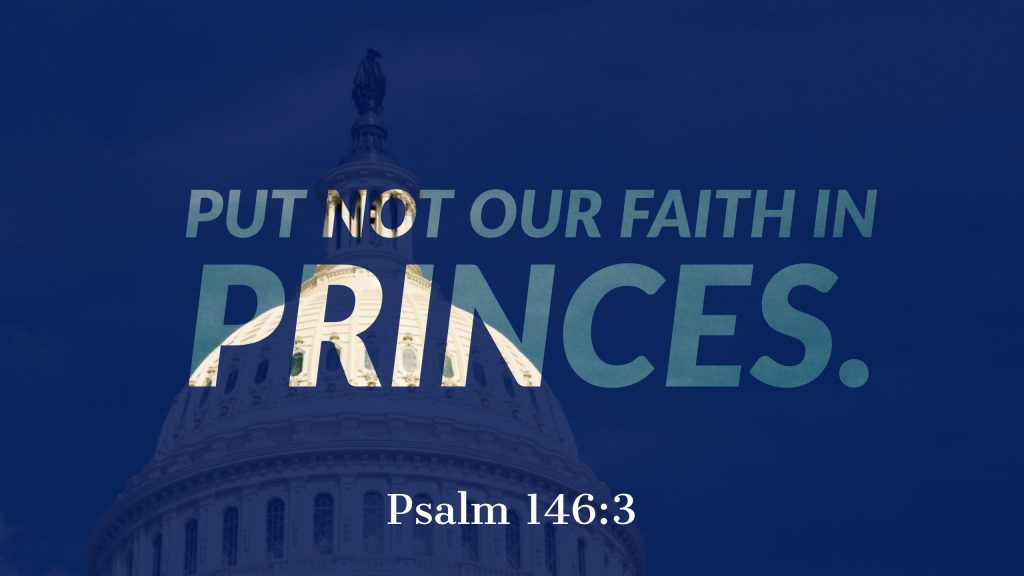
For The Church that was an adapted excerpt from Jesus Outside the Lines: A Way Forward for Those Who Are Tired of Taking Sides by Scott Sauls. Sauls is the senior pastor of Christ Presbyterian Church in Nashville, TN. His church is affiliated with the Presbyterian Church in America.
He addresses politics and the church and this is a topic I’ve pondered for a number of years which is ironic as I’ve written a political blog for almost 12 years. I started engaging in politics while I was in full-time vocational ministry, but not while I was ministering.
Church and state so to speak. That does not mean that I shied away from politically-charged topics when the Bible addresses them, but I never wanted to be partisan. I never wanted to preach politics. I wanted to preach the Gospel. From a liberty point-of-view, I believe churches should have the freedom to engage in the political realm and the government, via the IRS, should not regulate the pulpit. Saying that, when I was a pastor, I would never dream of making an endorsement from the pulpit or allow partisan politics to impact my ministry. (I have endorsed candidates as a private citizen on my own time.)
My main thing was the proclamation of the law and gospel. I was focused on the word of God, and if I am preaching the whole counsel of God then eventually topics like abortion, marriage, immigration (sojourners), poverty, etc. will come up and pastors need to handle those topics faithfully.
I wanted to highlight a couple of things that Sauls said that resonated with me.
As is the case with every paradox associated with Christianity, there is a both/and and a neither/nor component as it relates to political loyalties. Unless a human system is fully centered on God (no human system is), Jesus will have things to affirm and things to critique about it. The political left and the political right are no exception.
If we believe when Jesus returns that He is going to side 100 percent with every political position we have taken on every issue then we are sorely mistaken. (I’m sure we will also find out we are wrong about some of those minor theological positions we can be dogmatic about. This is not an invitation to debate which ones.)
I am conservative, but conservatism is a flawed, human-based political ideology. Conservatism is not inerrant. Scripture is. For those brothers and sisters who identify with the political left the same is true. If you happen to be in the political middle, guess what? Your ideology is just as flawed.
But when it comes to politics, the Bible gives us no reason to believe that Jesus would side completely with one political viewpoint over another. Rather, when it comes to kings and kingdoms, Jesus sides with himself.
Jesus is the King of Kings and the Lord of Lords. As author and pastor, Dr. Tony Evans once said, when Jesus returns He will not come to take sides, but to take over.
Far too often we put our trust in candidates and in ideologies. That is misplaced trust. Scripture exhorts us: “Put not our trust in princes, in a son of man, in whom there is no salvation. When his breath departs, he returns to the earth; on that very day his plans perish,” (Psalm 146:3-4, ESV).
So the question we need to ask, Sauls says, is not whether God is on our side, but rather are we on His?
In our churches, yes even in faithful, Bible-teaching, evangelical churches there will be people of all political persuasions and parties who are our brothers and sisters in Christ.
Sauls provides us a challenge:
We should feel “at home” with people who share our faith but not our politics even more than we do with people who share our politics but not our faith. If this is not our experience, then we very well may be rendering to Caesar what belongs to God.
People from varying political persuasions can (and should) experience unity under a single, first allegiance to Jesus the King, who on the cross removed and even “killed” the dividing wall of hostility between people on the far left, people on the far right, and people everywhere in between.
If that isn’t our attitude, then we need to repent.
